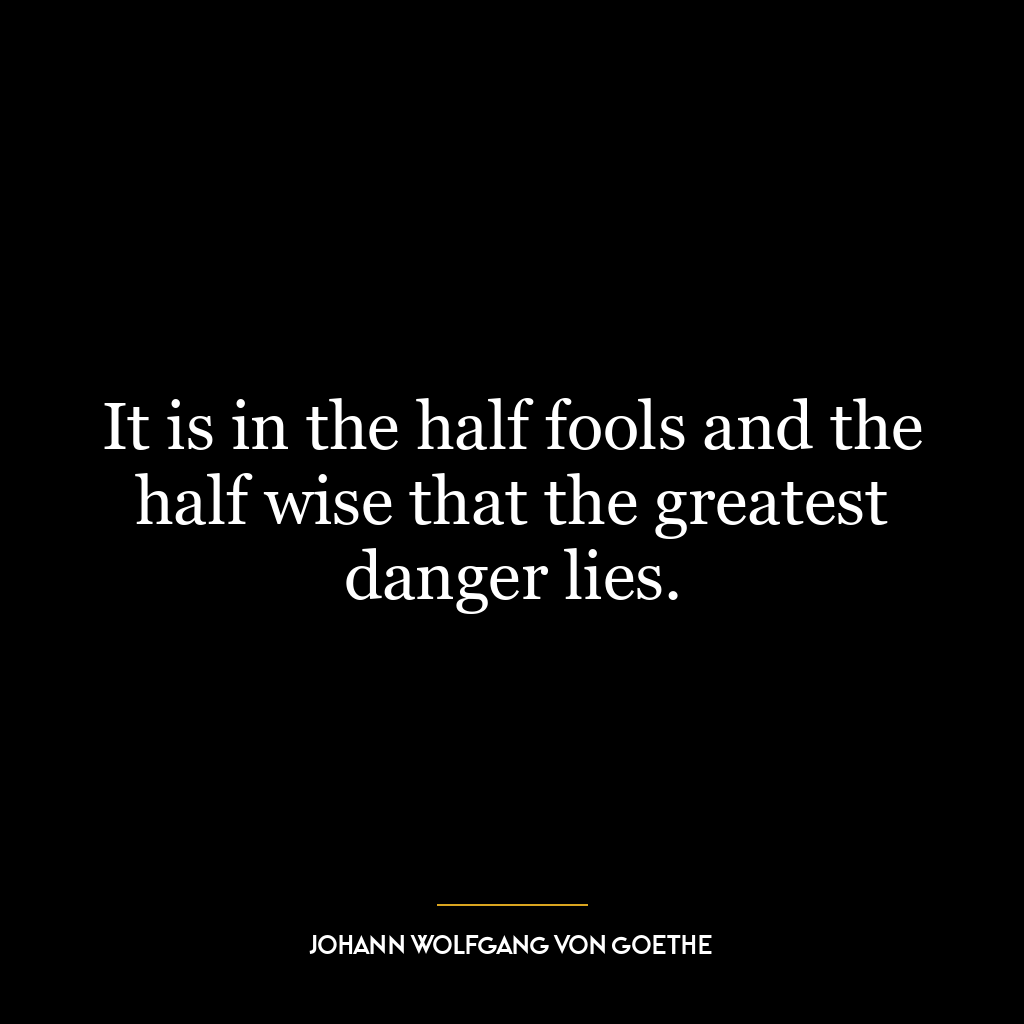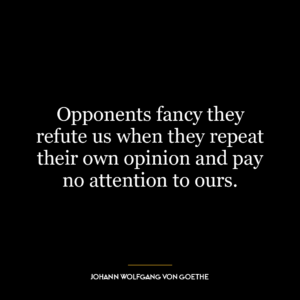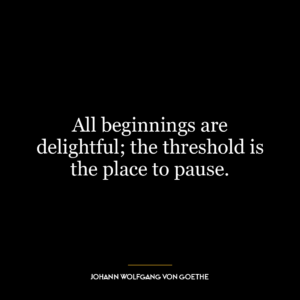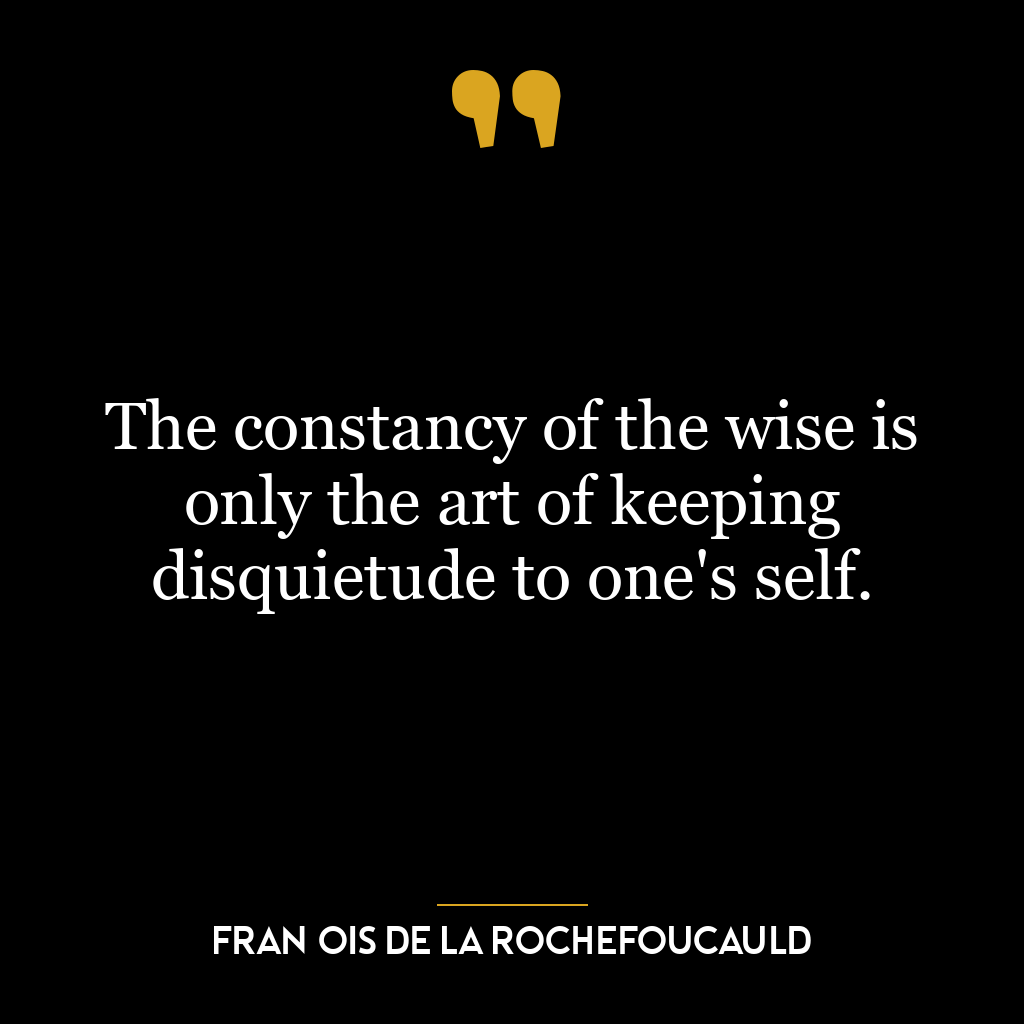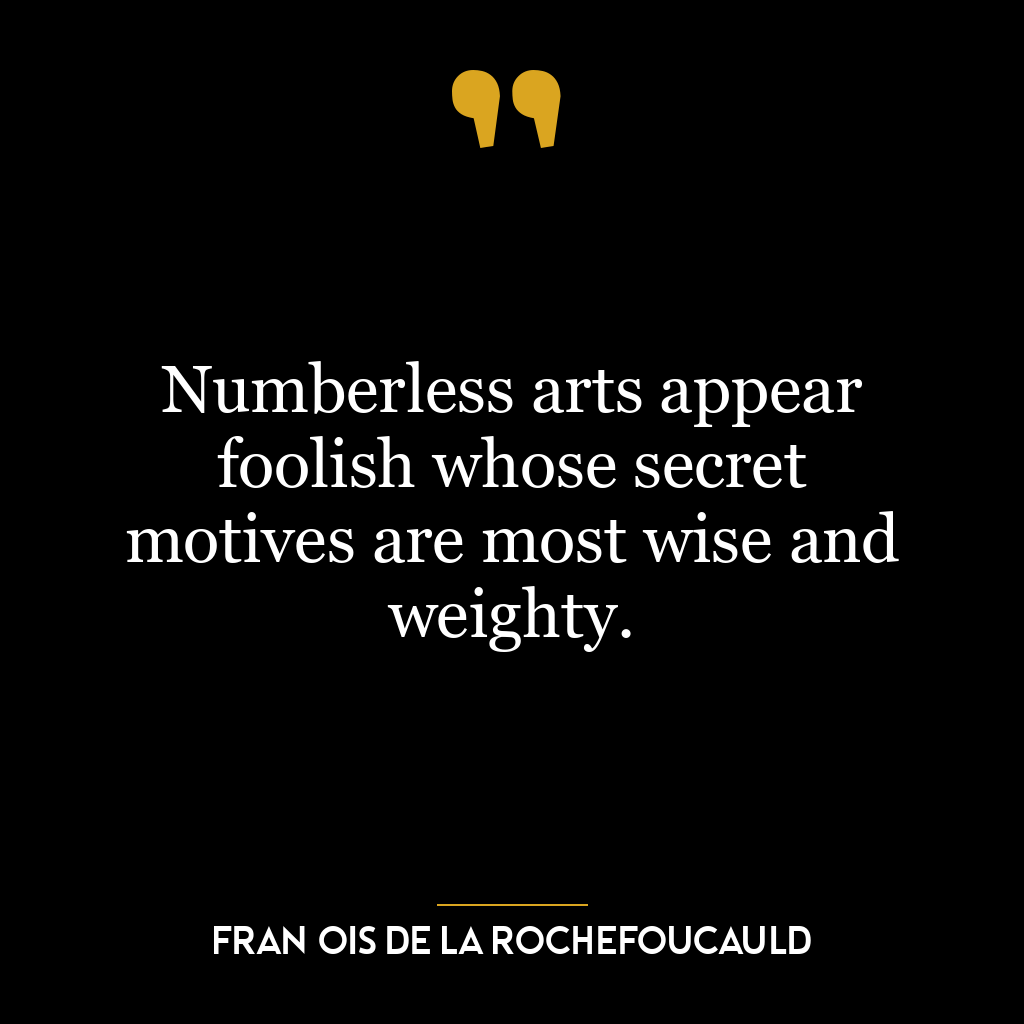This quote suggests that the most perilous individuals are not the wholly foolish or the entirely wise, but those who fall somewhere in between. These are the people who possess enough knowledge to be dangerous but not enough wisdom to use it responsibly. They are the “half fools” who may act impulsively or recklessly, not out of complete ignorance, but due to a lack of full understanding or maturity. Meanwhile, the “half wise” might have some degree of insight or intelligence, but they may also be overconfident, believing they know more than they actually do, which can lead to disastrous decisions.
In essence, the quote underscores the importance of humility and continuous learning. It warns against the dangers of partial knowledge and the presumption of wisdom. It is a call for individuals to strive towards complete wisdom, to acknowledge the limits of their knowledge, and to be cautious in their actions.
Applying this idea to today’s world, we can see the relevance in various fields. In politics, for example, leaders who act based on partial understanding can make decisions that have far-reaching negative consequences. In the realm of technology, half-knowledge can lead to the misuse or abuse of powerful tools, causing harm to individuals or society at large.
In terms of personal development, this quote can serve as a reminder to never stop learning and growing. It encourages us to be aware of our limitations and to continuously seek wisdom. It also cautions against the dangers of overconfidence, reminding us that it is often those who think they know everything who are most prone to making serious mistakes.

